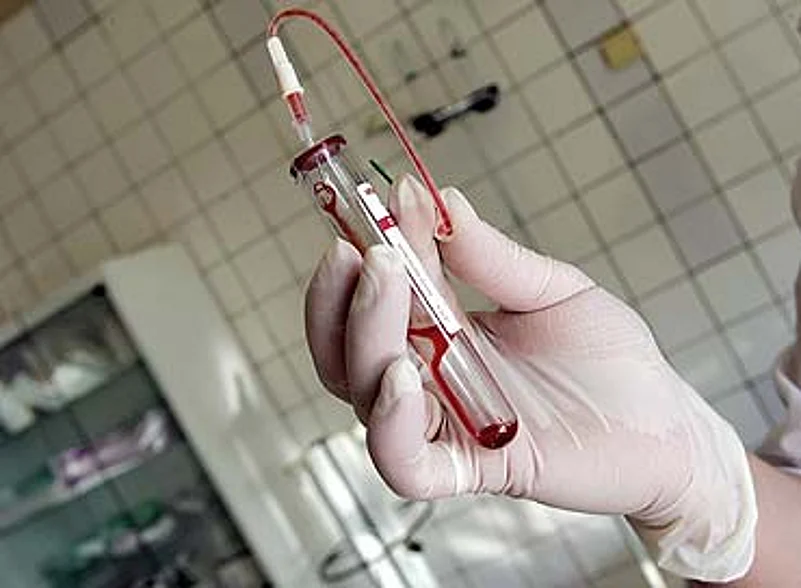
Cord blood stem cells have two advantages over donor stem cells: there is no risk of immunological mismatch, and there is no delay while finding a donor. But they have also been found to be less versatile than donor stem cells—their clinical use at present is limited to diseases of the blood and immune systems.
But Dr Phagun Shah, consultant physician with LifeCell, India's largest cord blood bank, says, "They can be used to treat more than seventy diseases. The research is at a point where, if we include diabetes and heart disease, the chances of them being used could be as high as 1 in 100." It is predicted that cord blood could eventually become a miracle elixir to combat all kinds of diseases.
These exuberant claims, however, belie the deep scepticism of many doctors, who dispute most of the claims made by cord blood banks—about the shelf life of the extracted stem cells, the diseases they can be used to treat, the likelihood of rejection or relapse, and the overall claim that they provide any medical advantage at all over donor stem cells. Dr Rajat Kapoor, professor of haematology at aiims, says that he would almost never recommend cord blood banking to parents. "They need to say this is all experimental, it may or may not work," he says, "Instead they make people believe they're bad parents if they don't do it. They're defrauding the public."


























